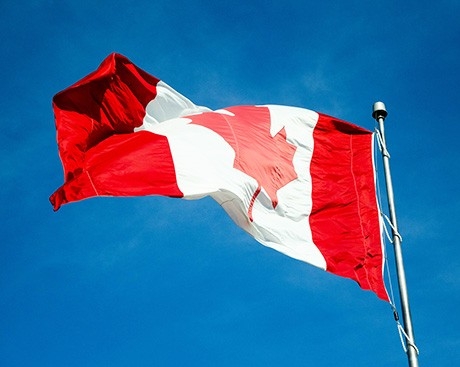This article was originally published in The Gazette.
Polls are now showing that the coming federal election will be a competitive contest. This would have been unthinkable at the beginning of the year, when a Léger poll showed the lead extended to an incredible 26-point gap.
The expected ballot question will be who Canadians trust to defend Canadian sovereignty from threats of economic ruin and annexation from the Trump administration.
The election that Conservative Leader Pierre Poilievre wished for — running against Justin Trudeau and the carbon tax — has gone the way of the dodo with the arrival of Mark Carney as new Liberal leader and PM. The astonishing surge in Liberal support has, in my estimation, caught the usually highly strategically adept Tory leader flat-footed.
How did we get here and what accounts for the struggles of Poilievre to adjust to a new electoral reality?
Some answers to the challenges faced by the Conservative party to adapt can be found in The Tory Syndrome by George Perlin, published in 1980. It surveyed leadership politics in the old Progressive Conservative Party, using close analysis of the 1967 and 1976 leadership races to draw out a wider theory of how and why the PCs were doomed to seemingly perennial opposition status. Most importantly, Perlin characterized the titular “Tory Syndrome” as self-reinforcing structural defects of factionalism and an “opposition mentality.”
In what he calls, “minority party syndrome,” Perlin describes how factionalism has run rife within Conservative parties. “Electoral defeat contributes to conflict in the party and conflict in the party contributes to its electoral defeats,” Perlin writes. After Stephen Harper stepped aside as Tory leader in 2015, the various factions within the conservative movement struggled to unify under the leadership of, first, the socially conservative Andrew Scheer and, then, the progressive conservative Erin O’Toole. Both leaders were ultimately defenestrated following election losses in 2019 and 2021, respectively.

Since becoming leader in 2022, Poilievre has been unapologetically populist. The party has been unified in lockstep behind this branding, with tight discipline being wielded by the leader’s office. Concerned about bleeding votes on its right flank to Maxime Bernier’s People’s Party of Canada, which garnered 4.9 per cent of the popular vote in 2021, there was never a widely expected pivot back to the centre to appeal to moderate voters.
It appeared that the conventional rules of the game were out the window. Poilievre’s continued pugilistic rhetoric appeared to violate the fourth of Paul Wells’s rules of politics, which states that “the candidate who auditions for the role of opposition leader will get the job.”
But Poilievre understood the assignment, which was to crest a right-wing populist wave that knocked down multiple incumbent governments across the democratic world in 2024.
Then everything changed in 2025: Trudeau has made way for the technocratic former central banker, Carney. U.S. President Donald Trump’s trade war and repeated talk of annexation has reshuffled the political deck in Canada beyond recognition.
Voters who previously may have seen Poilievre’s invective style as somewhat unseemly but appropriate given the target are re-evaluating. The oft-repeated Tory refrain of the past two years that “Canada is broken” — once a clear winning play — is now a desperate liability in a moment of truly momentous patriotic feeling across the country. The comparisons made between the populist style of Poilievre and Trump in paid Liberal attack ads in 2024 felt to me to be tired and desperate. In the new reality of 2025, they are clearly resonating with a significant number of voters.
In my view, Poilievre would be well advised to dramatically ostracize the contingent of his party base that still views Trump and his MAGA project positively. I would also counsel him to cleanse his rhetoric of overtly partisan comments that frame the dramatic threats to Canada’s economy and sovereignty as the fault of anyone but the administration in Washington.
In 1980, Perlin wrote that “a party which is habitually in opposition becomes absorbed entirely in the strategy and tactics of criticism. It tends to approach all debate with an attacking, destructive style. It therefore appears to lack ideas of its own and projects a negative popular image.”
Poilievre’s destructive style was the tool for the job when the assignment was to beat up on Trudeau and advocate for a transformation of Canada in line with his small-government populist vision.
The Conservatives appear to be held prisoner by the sunken costs of the Trudeau-era attack lines and by the “opposition mentality” that defaults toward negative messaging that Canadians may not want in the contemporary moment.
Dónal Gill is assistant professor of Canadian politics at Concordia University.